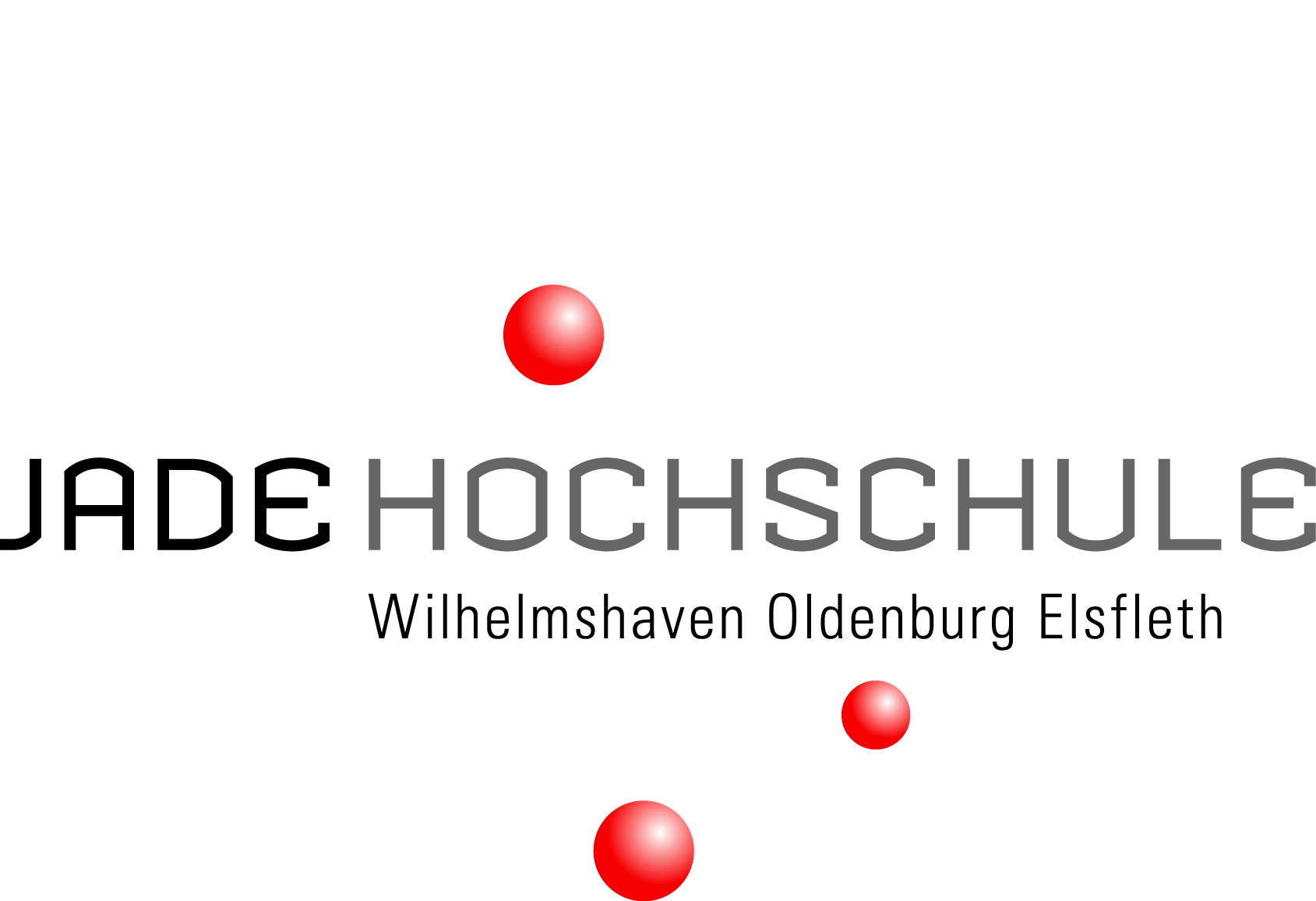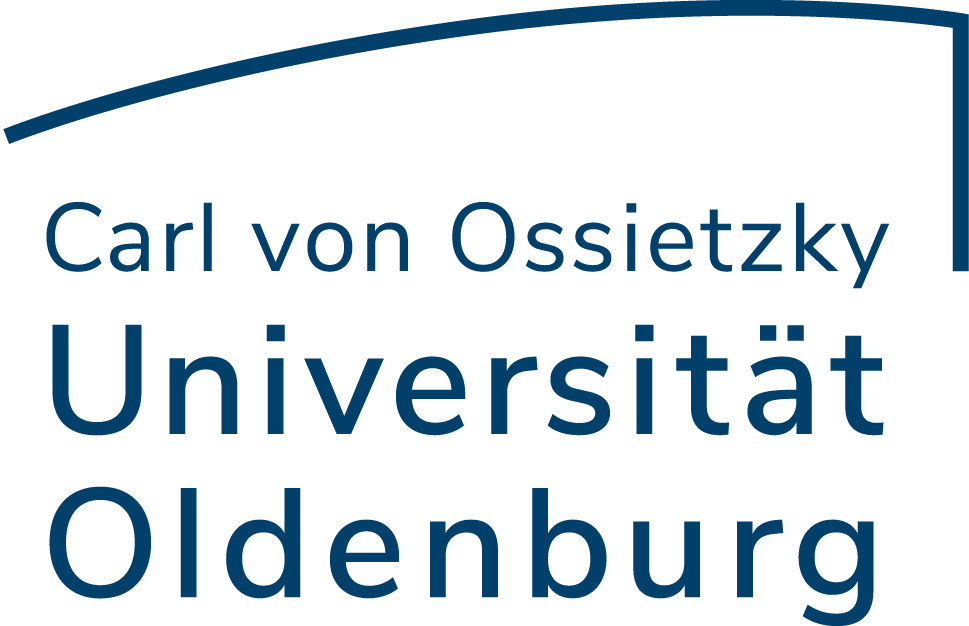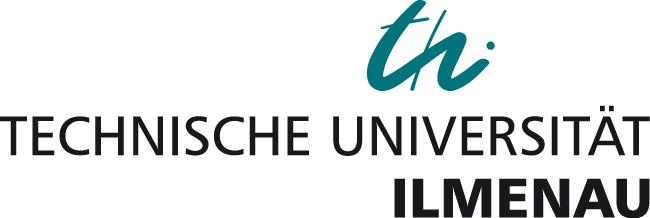Goals
AUDICTIVE will help bridge the gap between auditory perception and cognition on the one hand (a) and virtual reality on the other hand (b). The priority program intends to join independent scientific communities to gain additional knowledge from auditory perception and cognition research conducted in more realistic environments. To achieve this aim, AUDICTIVE will foster cutting-edge research by supporting tandem projects that include researchers from the field of acoustics on the one hand and any combination of cognitive psychology or interactive virtual environments on the other hand with the goal to make progress in context-related hearing research and VR.
This cross-disciplinary research has now become possible in a new quality and originality due to recent technical developments and resulting experimental opportunities. Interactive auditory VR is now available and applicable even for non-specialized laboratories in which humans can interact with the auditory scene, so that the listener's ears can immediately adapt to the auditory input through, e.g., rotations of the head or spatial movements of the human and of acoustic signal sources. Accordingly, advanced contextual hearing research is now feasible for a broader and more comprehensive research community in terms of disciplines, topics and research questions. Acoustics, cognitive psychology, and computer sciences can now collaborate on a specialized VR research to achieve synergistic effects that have not been attainable before.
An open science approach will be fostered, developing a comprehensive database of results. All projects will have to include a quality evaluation with regard to the obtained results (c), in terms of "auditory-cognition research validation" (a) and/or "auditory-cognition-centric VR evaluation" (b). The respective methods and data will be integrated into an evaluation-method framework across all projects.
Research Disciplines
AUDICTIVE aims to significantly extend the knowledge of hearing-related cognitive performances in real-life scenes and to enable creating “auditory-cognition-validated” VR technology. AUDICTIVE targets fundamental research across the three disciplines and addressing the three research priorities (a) "auditory cognition," (b) "interactive audiovisual virtual environments," and (c) "quality evaluation methods," the latter being located at the interface between (a) and (b).
AUDICTIVE brings together researchers from different disciplines - acoustics, cognitive psychology, and computer science/virtual reality - by encouraging joint research efforts to enhance our understanding and competence in the field of auditory cognition in interactive virtual environments, as a proxy to the real world. Up to now, these research efforts have been performed mostly separately within single scientific research communities, using stimuli that often lack the realism of real-life complex scenes. Today, the more realistic and interactive virtual environments that can be created using current state-of-the art VR and/or MR technology can empower the acoustics (perception and rendering), computer science (virtual reality) and cognitive psychology communities to fully exploit the huge potential of VR and MR for testing and extending their existing theories. At the same time, VR and MR research can benefit from knowledge of auditory perception and cognition to understand the important quality criteria that need to be met to optimize virtual or mixed reality environments in terms of perception, cognitive performance, subjective experience or (social) presence.




















